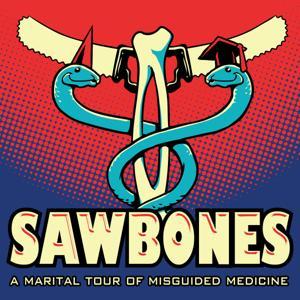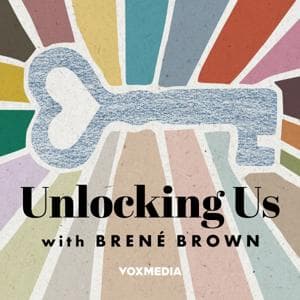How to become a Vet Clinic Employer of Choice so that you create your own clinic's wait list of highly engaged and motivated top performers.
In today’s job-seeking world, job interviews are just as much about the clinic doing the interviewing as about the clinic being interviewed.
Recruitment – as we know it today - is a reactive process. It’s the thing – the hunt - that follows an event – the resignation.
And it’s the hunting that’s hard work.
Because hunting is usually done under pressure, against an ever fast-ticking clock: the resignation period.
The hunting ground of today’s recruitment process is the jungle we know as social media and the internet.
The external forces are Facebook’s and Google’s algorithms, organic search rankings and ever-increasing digital advertising costs.
I believe recruitment is a reactive thing – a reactive process…
Taking the reactive thought one step further, surely that means if something is reactive, it must have a proactive opposite somewhere.
Right?
I’ve spent this year unpacking that a bit more … asking myself what can be done to pre-empt the reactive, high stress, pressure-cooker recruitment process?
What if vet clinics could be proactive and preemptive instead…?
To me, when I think about it, I see recruitment as being a bit like the ambulance at the bottom of the cliff … don’t get me wrong, I love rushing in and saving the day … but not all the time … sometimes I imagine that the pressure Isobel, Kajal and I work under is high stress, high adrenalin – just like working in an emergency and critical care clinic …
It’s great when we’re able to save the day … just like when you’re able to save a GDV or a hit-by-car … you feel great … but those times when you can’t, when we don’t … those are hard days and hard weeks …
When a clinic has left it until the very last minute because they’ve DIY-ed their own recruitment and with only a month to go until the departing vet’s or nurse’s last day with no prospects on the horizon, they call us … sometimes we win but in today’s market, not always …
So what if there was a different way…?
I fast forwarded and started to ask the question what difference would the fence at the top of the recruitment process make …?
What would it look like…?
How long would it take to build…?
Who would build it…? Do they have time to build it…?
Now, I’m not saying that having a fence at the top of the recruitment process would mean that vet clinics won’t lose staff … they will … but I do, hand-on-heart, believe that those clinics that start building their fence at the top of their own little cliff face will discover it’ll make a huge positive difference to a multitude of different parts of their clinic – and one of those things will be the bottom line...
I honestly believe that what I’m proposing will make a difference that will be far bigger than just making recruitment a whole bunch easier when the time comes.
The three things you need include:
- Having a clinic culture of employee appreciation and empowerment,
- Having a strong and respected employer brand, and
- Being regarded and
Struggling to get results from your job advertisements?
If so, then shining online as a good employer is essential to attracting the types of veterinary professionals who're a perfect cultural fit for your clinic.
The VetClinicJobs job board is the place to post your next job vacancy - to find out more get in touch with Lizzie at VetClinicJobs































